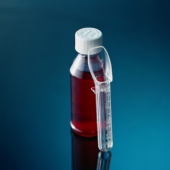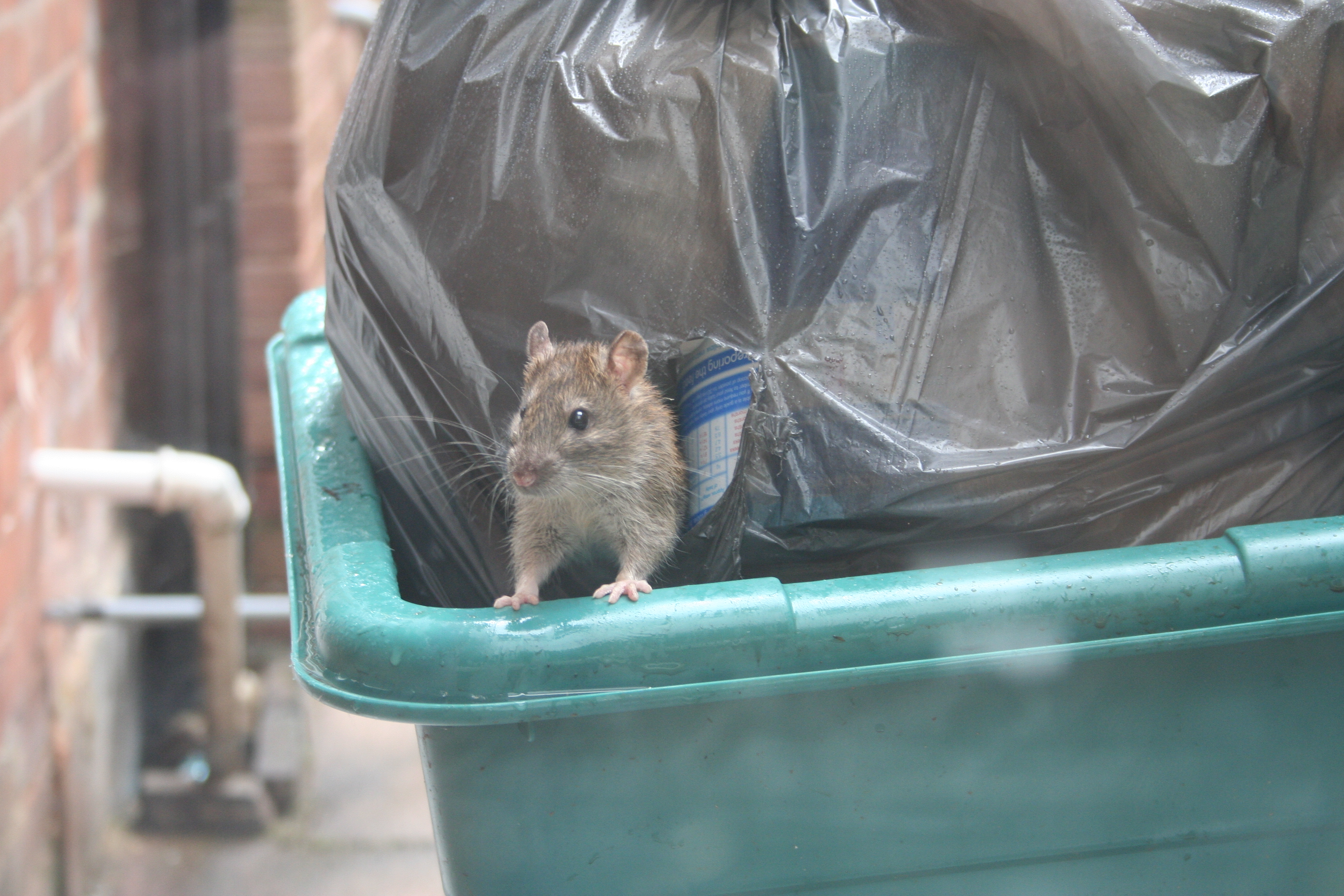
MONDAY, Nov. 11 (HealthDay News) — Restrictions placed on cough and cold medicines may be working, with fewer young children ending up in the ER because of bad side effects tied to the drugs, new research shows.
The drop in kids’ illnesses came about after drug manufacturers voluntarily withdrew cough and cold medications for this age group from the market in 2007, and after drug labeling changes put in place in 2008. The labeling changes advised that the products were not for use in children under 4.
“The change [in ER admissions] was associated with those two events,” said study author Dr. Lee Hamilton, a medical officer in the division of healthcare quality promotion at the U.S. Centers for Disease Control and Prevention.
“We saw that in children under 2 years old, adverse events from cough and cold medicines dropped from one in 25 of all emergency department visits for adverse drug events to about one in 40 [such visits],” Hamilton said. “In the 2- to 3-year-olds, adverse events from cough and cold medicines dropped from one in 10 of all emergency department visits for adverse drug events to about one in 15.”
Results of the study were released online Nov. 11 in the journal Pediatrics.
Manufacturers of over-the-counter oral infant cough and cold medications voluntarily withdrew these products from the market in 2007 amid concerns that the drugs were causing significant numbers of emergency department visits — and in rare cases, infant deaths. The following year, manufacturers changed the labeling on over-the-counter cough and cold medications to state that they should not be given to children under 4.
To see what effect these changes had on related emergency department visits, Hamilton and his colleagues reviewed information from a nationally representative injury surveillance project.
The researchers looked for any emergency department visit related to the use of a drug that didn’t result in the patient’s death. They collected information from January 2004 through December 2011 so they could see if the labeling changes and the withdrawal of the infant formulations of cough and cold medications had made an impact.
In children under 2, adverse events related to cough and cold medications made up 4.1 percent of all adverse drug event admissions before the changes took effect. After the changes, that rate dropped to 2.4 percent, according to the study.
In those aged 2 to 3, emergency room visits due to cough and cold medications made up 9.5 percent of all adverse drug event admissions before the change. After the changes, that proportion dropped to 6.5 percent.
The researchers also looked to see if rates of adverse drug events rose for other medications or alternative therapies, which might have indicated that parents were substituting another treatment for cough and cold medications. But, Hamilton said, they saw no shifts to other drugs or therapies.
They also wanted to understand how these young children who ended up in the emergency room were still getting the drugs, and found overwhelmingly that it was through unsupervised ingestion. In the under-2 group, 64 percent took these medications unsupervised. And, in the 2- to 3-year-old age group, 89 percent took the drugs without parental knowledge.
“The vast majority of emergency department visits in recent years was due to kids getting into them without supervision,” Hampton said. He said that packaging changes, such as putting a low-flow filter on bottles to limit how much someone can consume could help, and he said parents have to remember to put the child-resistant cap back on the bottle every time and turn it till it clicks, and then put the bottle on a high shelf, out of sight.
Another expert explained why toddlers are at risk for accidental ingestion.
“Over-the-counter medications may seem benign to the average person, but they can be dangerous, especially in small children. The highest number of unsupervised ingestions was in 2- to 3-year-olds. These are kids that are beginning to be mobile and may start climbing and getting into more. And, these medications are sweet and good-tasting. This is the age group that parents really need to be monitoring,” said Dr. Bradley Berg, medical director of Round Rock Pediatrics at Scott and White Healthcare, in Texas.
As for the parents who still choose to give their young children cough and cold medications, Dr. Allison Bartlett, a pediatric infectious disease specialist at La Rabida Children’s Hospital in Chicago, said many people think these medications are safe because they’re sold over the counter, and many parents may have taken these drugs when they were young, or they may have older children that to whom they gave the medications.
“Kids get so many colds; it’s a frustrating problem. The temptation is there to give them over-the-counter medications that promise to make your kid feel better. But, under the age of 4, these medications are no better than giving a placebo and they carry a number of additional risks,” Bartlett said.
“The discussion would be different if there was a benefit to these medications,” she said. “But, they don’t actually make kids better, and they expose children to unnecessary risks.”
While these medications can ease symptoms in adults and older children, Bartlett said the nasal passages and airways in young children are so small that the slightest bit of inflammation from a cold or respiratory illness makes it harder to breath, and it also makes it harder to make an impact with any treatment.
Texas pediatrician Berg said that for children over 1 year of age, a teaspoon of honey several times a day can help quell a cough. You can give put it in tea or in water with lemon juice, he advised. The reason that children under 1 year old can’t have honey is a risk of botulism in infants, he added.
More information
Learn more about keeping medicines safely from the PROTECT initiative.
Copyright © 2026 HealthDay. All rights reserved.

